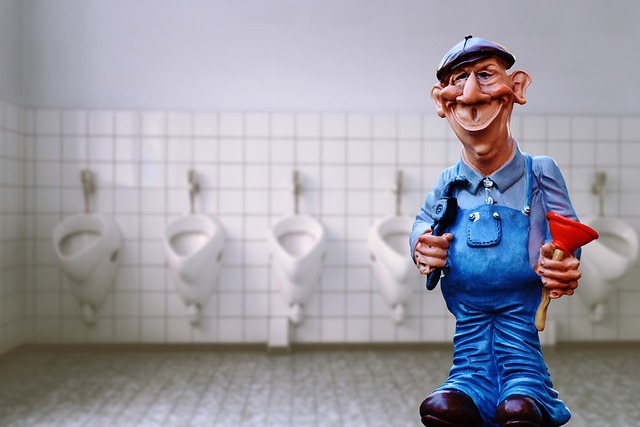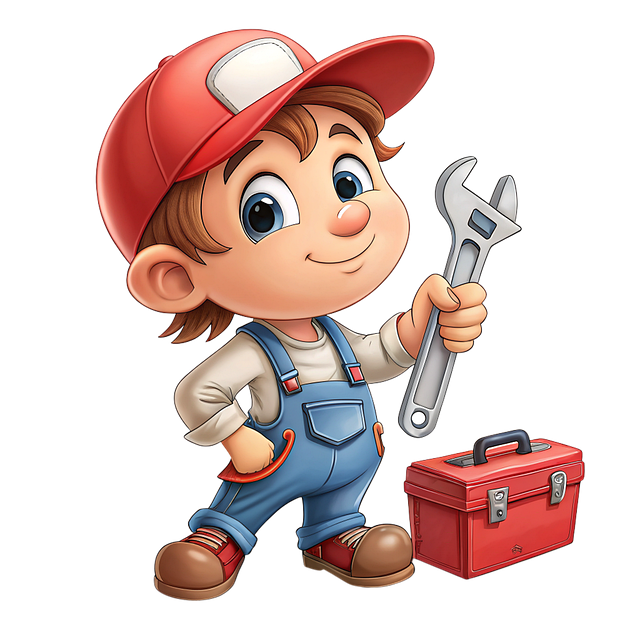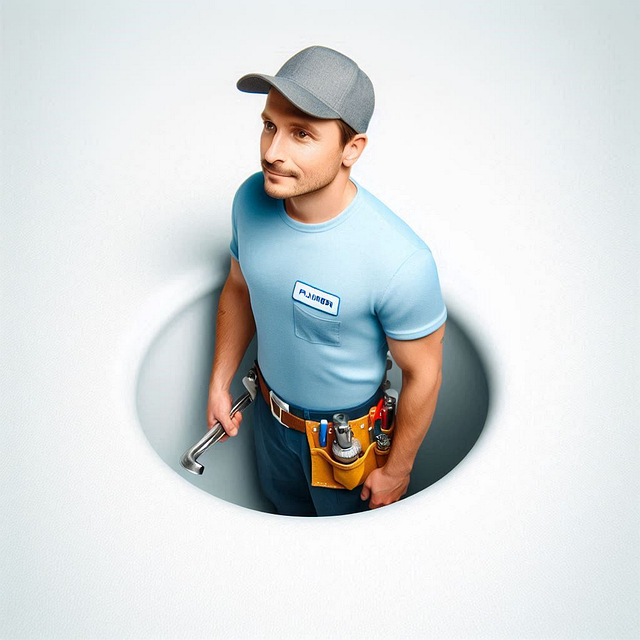Proactive plumbing maintenance is key to avoiding common issues like clogs, leaks, and low water pressure. Regular cleaning, annual inspections, and awareness of unusual noises can prevent costly repairs. While minor problems may be addressed by homeowners, severe cases like persistent clogs, unexpected leaks, or unusual noises require professional plumbers for accurate diagnosis and effective solutions.
Keeping your pipes problem-free is easier than you think. This guide, “Plumbing Maintenance 101,” equips homeowners with essential knowledge on preventing common plumbing issues. We’ll explore effective preventative measures and provide clear insights on when to call a professional plumber. Understanding these basic principles ensures consistent pipe integrity and avoids costly repairs. Dive into this comprehensive overview to safeguard your home’s plumbing system from everyday wear and tear.
Understanding Common Plumbing Issues

Understanding Common Plumbing Issues is a crucial step in preventing costly repairs and maintaining a smooth-running plumbing system. Some of the most frequent problems include clogs, leaks, and low water pressure. Clogs are often caused by foreign objects like hair, food scraps, or toilet paper buildup in drains. Leaks can stem from worn-out pipes, fittings, or valves, leading to water waste and potential damage to floors and walls. Low water pressure might result from mineral buildup in pipes, a faulty water heater, or issues with the main water supply line. By recognizing these common culprits, homeowners can take proactive measures to address them through regular cleaning, inspection, and maintenance.
Preventative Measures for Problem-Free Pipes

To keep your pipes problem-free, preventative measures are key. Regular plumbing maintenance can go a long way in avoiding common plumbing issues like clogs, leaks, and corrosion. Start by ensuring proper drainage in your sinks, showers, and toilets. Use drain covers to catch hair and other debris, and avoid pouring grease or fatty foods down the sink. Schedule annual check-ups with a professional plumber who can inspect your pipes for any signs of damage or wear and tear.
Additionally, consider the materials used in your plumbing system. Metal pipes, especially older ones, are susceptible to corrosion and leaks over time. Plastic or PVC pipes are more resistant but still require regular maintenance. Keep an eye out for unusual noises, like banging or dripping sounds, which could indicate a loose pipe or other potential problems. Regular inspection and quick action can prevent these issues from escalating, ensuring your plumbing system remains efficient and trouble-free.
When to Call a Professional Plumber

Knowing when to call a professional plumber is crucial for maintaining your home’s plumbing system and avoiding common plumbing issues. While minor problems like slow drains or low water pressure can often be addressed with some basic troubleshooting, more severe situations require expert intervention. If you notice persistent clogs that household cleaners can’t resolve, suspecting a serious drain issue like tree root intrusion or structural damage. Similarly, unexpected leaks, especially around fixtures or pipes, sudden loss of water pressure, or unusual noises indicating pipe corrosion or damage, are signs to reach out to a plumber.
Professional plumbers have the tools and expertise to diagnose complex problems accurately and provide effective solutions. They can also prevent potential issues through routine maintenance checks, ensuring your plumbing system remains efficient and reliable. Remember, attempting to fix serious plumbing problems yourself can lead to further damage or costly repairs down the line.
Regular plumbing maintenance is key to preventing common issues and keeping your pipes in top condition. By understanding potential problems, taking preventative measures, and knowing when to call a professional, you can ensure a smooth-running plumbing system. Remember, proactive care is always more effective (and less costly) than reactive repairs. So, armed with this knowledge, take control of your plumbing and enjoy the convenience of worry-free water flow.
